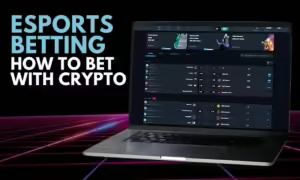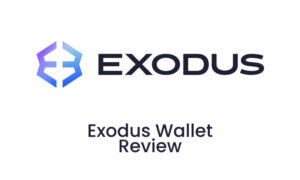Cryptocurrency
What is Peercoin (And What are its Main Characteristics)?
Peercoin is a cryptocurrency that aims to mix some of the characteristics of Bitcoin with a parallel Proof of Stake and Proof of Work mechanism.

Peercoin – PPC – is a cryptocurrency launched in 2012 that aims to mix some of the characteristics of Bitcoin with a parallel Proof of Stake and Proof of Work mechanism. As a result, the coin is mineable, and holders of PPC also get a 1% increase to their wallets over time. This is meant to phase PoW mining out and make the cryptocurrency more energy efficient as well as more equitable.
Peercoin Characteristics
Other characteristics make Peercoin an interesting cryptocurrency to study:
- Total supply is limitless.
- Nevertheless, inflation is controlled through a dual mechanism: PoS produces a 1% inflation rate, but 0.01 PPC/kb is burnt after every transaction. Therefore inflationary/deflationary forces are in flux.
- The transaction fee provides the coins to burn, and it is fixed at 0.01 PPC/kb. Transaction fees do not go to miners.
- Peercoin is therefore more environmentally friendly than Bitcoin, and accounts for world population growth while keeping deflationary pressures in the system that should push PPC prices up.
- The creators of Peercoin also coded a blockchain-agnostic protocol that enables peers to issue and transact with other assets. As a result, users can create DAOs on the Peercoin blockchain.
- Blocksize is 1.7kb on average.
- Mining yields an average of 8 blocks per hour.
- Peercoin is based on the SHA 256 algorithm, the same that Bitcoin uses.
Resources
Official Peercoin site – www.peercoin.net
Peercoin wallets – Peercoin wallets







